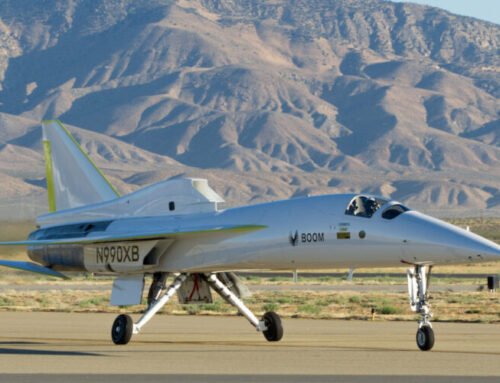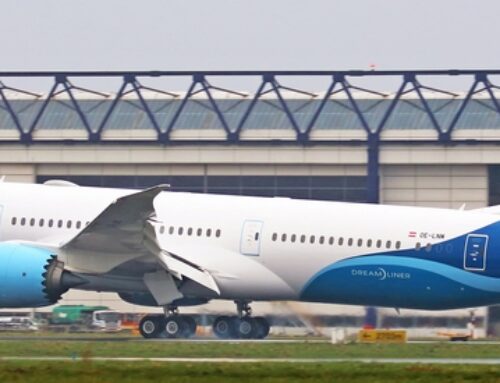Federal Aviation Administration chief Steve Dickson said Friday Mar. 25 that the agency’s “zero tolerance” policy toward unruly passengers will continue, even though reports of bad behavior have declined from last year’s record.
The FAA established the policy in January 2021 in hopes of stemming a surge of disruptive passengers, threatening fines of up to $35,000 and possible jail time. Flight attendant unions had urged the agency to step in due to the rise in incidents on board.
“We have seen over the last year a significant decline in these incidents but they continue to occur at too high of a rate,” Dickson said in an interview on CNBC’s “Squawk Box.” “We will be keeping the zero tolerance policy in place.”
The FAA logged a record 5,981 reports of unruly passenger behavior last year with more than 70% of those cases tied to passengers who refused to wear masks on board and began 1,121 investigations. So far this year, it has received 961 reports of disruptive passengers, 635 of them tied to the mask mandate.
Dickson credited the agency’s public service announcements with helping drive down cases of such behavior.
“I’ve even been on TMZ to make sure we’re reaching the public and making sure that they understand that this kind of behavior is not acceptable on airplanes and it’s got to stop,” he said.
The Biden administration extended the mask mandate through April 18 and hasn’t said whether it would lift the rule then, despite repeated pleas by airlines to scrap the rule.
“From the FAA’s standpoint, we don’t take a position on what the public health protocols are,” Dickson said.
The mask mandate and predeparture Covid tests for international travelers “are no longer aligned with the realities of the current epidemiological environment,” airline CEOs wrote to President Joe Biden on Wednesday. The White House did not comment on the letter.
Dickson steps down March 31 about halfway through his five-year term. The Biden administration hasn’t named a successor, leaving the agency without a leader as it faces the rapid return of air travel after a two-year pandemic slump and with pending reviews of several Boeing aircraft.
Leslie Josephs www.cnbc.com







